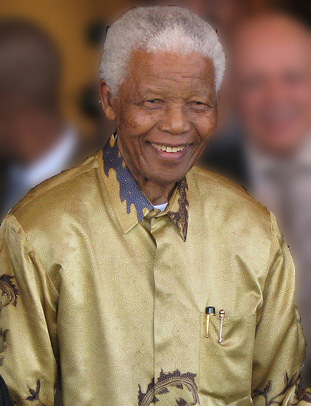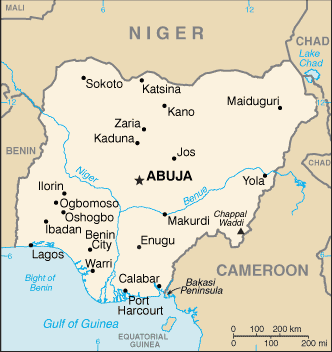
In the early 1990s, I took a class at the University of Chicago where we made predictions about where civil war was most likely to break out. We confidently agreed that it was going to be South Africa. At the time, South Africa had all the risk factors associated with civil war: a minority government that heavily discriminated against a large majority, deep inequality, poverty, repression, and a government unwilling to negotiate. Similar (although less severe) conditions had existed in Rhodesia and brutal civil war had followed.
South Africa is the case that surprised everyone. It is also the case that reminds us about the power of a single individual. Political scientists have shied away from explanations that place heavy causal weight on a single leader. We argue that a variety of conditions must be in place for change to occur and it is these conditions, more than the individual, that matter. But in our hearts we know that sometimes, rarely, an extraordinary person comes along who does extraordinary things and the world changes as a result. Nelson Mandela was such a person. In the absence of Nelson Mandela, South Africa would most likely have experienced greater political violence. Instead, the country we deemed “most likely to experience civil war” experienced peace and it was largely because of the leadership of a single man.







